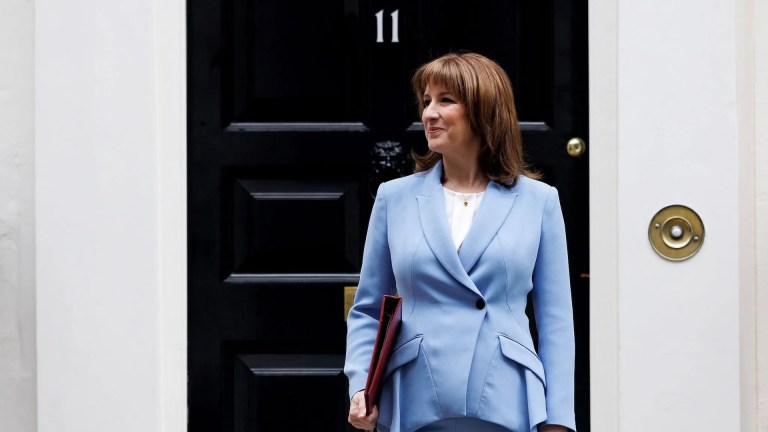A chronic shortage of housing support for women released from custody is driving them back to prison, according to a new report.
Home truths: Housing for Women in the Criminal Justice System, published by the Prison Reform Trust and Women in Prison, found that in-prison housing support, which should be an integral part of preparing prisoners for release, is often last-minute, with some women still unsure if they will have accommodation even on the day of their release.
The most recent national data was published in 2008, and showed that around six in 10 women do not have a home to go to on release from prison. However, following reforms to probation services, reliable national data on homelessness on release is no longer published. An increased women’s prison population and pressure on social housing means that the true scale of the problem may be even greater.
Nearly two-thirds (62 per cent) of women sent to custody to serve a sentence in England and Wales in 2017 were serving six months or less – some 4,000 women. A short prison sentence dramatically increases the risk of homelessness as benefit payments are stopped and rent arrears accrue, with research showing that women are more likely than men to lose a tenancy when they enter prison. Helping women retain their tenancy while in custody for short periods is simple and cost-effective but rarely done.
The problem has been exacerbated following the extension of mandatory supervision on release from custody for people serving short sentences. The change has disproportionate affected women. The number of women recalled to custody following their release has increased by 127 per cent since the new measures were introduced, compared to a 14 per cent rise for men.
The figures tally with an investigation carried out by The Big Issue last year, which you can read in full here.









